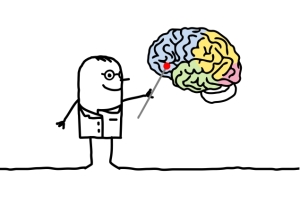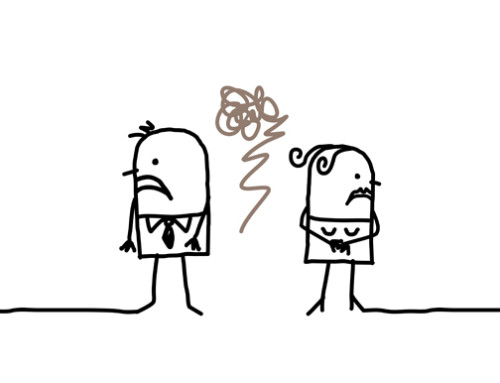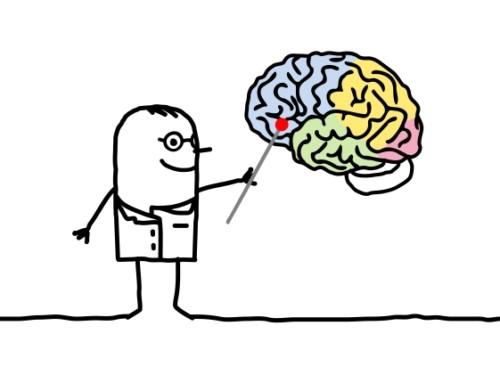In this article, I discuss how you can use the same route to success in addressing your psychological issues which you are already following in other endeavours in your life.
In my work as a Calgary psychologist and a Cochrane psychologist, I offer prospective clients a free 30-minute consultation to allow them to determine whether the approach I use would be a good fit for them. In order to help people with this decision, I frequently remark that if you can be successful by learning and practicing skills in other endeavours in your life, you can be successful at using cognitive behavioural therapy (CBT) to address your issues.
When I find out that a person has succeeded by learning and practicing skills in endeavours such as work, school, sports, and music (to name just a few), I tell them that they have reason to be optimistic about addressing their psychological issues using CBT. That is, their having a track record of success in learning and practicing skills points to their having what it takes to succeed using CBT to address counselling issues. Among these issues are depression, anxiety, stress and anger management, substance use, eating disorders, post-traumatic stress disorder (PTSD), low self-esteem and relationship concerns which arise in couples counselling.
In the following sections, I will discuss how learning and practicing skills in other life endeavours can give a client a leg up in using CBT to address their psychological issues.
Success comes from practicing a set of skills
Most endeavours have a set of skills you need to practice in order to become successful. For example, a golfer must practice driving, hitting long irons from the fairway, chipping from close to the green, hitting out of the rough and from sand traps, and putting.
The same goes for addressing psychological issues. For example, in addressing issues like depression and anxiety there are cognitive skills which involve practicing balanced thinking patterns, behavioural skills involving activities which enhance your mood and help you to manage stress, physical relaxation skills to help you feel better and calmer in your body, attention-switching skills to take the focus off negative thoughts, and problem-solving skills to address stressors at work, school, relationships and other parts of your life.
Whether it’s an endeavour like golf or a psychological issue, devoting time to becoming proficient at various skills is pivotal to success.

Consistent practice produces results
If you want to become successful in your work, at school, in a sport, playing a musical instrument or at other endeavours, consistent practice of skills is the best route to follow. For example, when Tiger Woods dominated the world of golf he would spend several hours on most days practicing the various skills in his sport as well as on cardio fitness and weight training.
Consistent practice also leads to the best results in addressing psychological issues. For example, as a CBT psychologist I encourage my clients to do thought records regularly so that balanced thinking will exert positive effects on their moods on an ongoing basis.
Practice skills according to a plan
In order to make your efforts at practicing skills pay off in success, you need to know which skills to practice and when to practice them as part of a plan. For example, my successes in running marathons, completing triathlons and getting my black belt in karate have been the result of my following training plans provided by my coaches and mentors. They have provided me with guidance and advice in learning and practicing skills related to their respective sports and have helped me to stay consistent at practicing the skills until I achieved my goals.
In a similar manner, I work with my clients to develop treatment plans comprised of a set of skills for them to practice to address their psychological issues. And like a coach or mentor in other endeavours, I give my clients guidance and advice in learning these skills along with helping them to stay consistent at practicing these skills until they have achieved their goals in counselling.
In short, addressing psychological issues is less about coming to grand insights and understandings and more about the less glamorous but effective endeavour of consistently practicing skills to address those issues.
May you practice skills to succeed both inside and outside your psychologist’s office,
-Dr. Pat






Leave A Comment